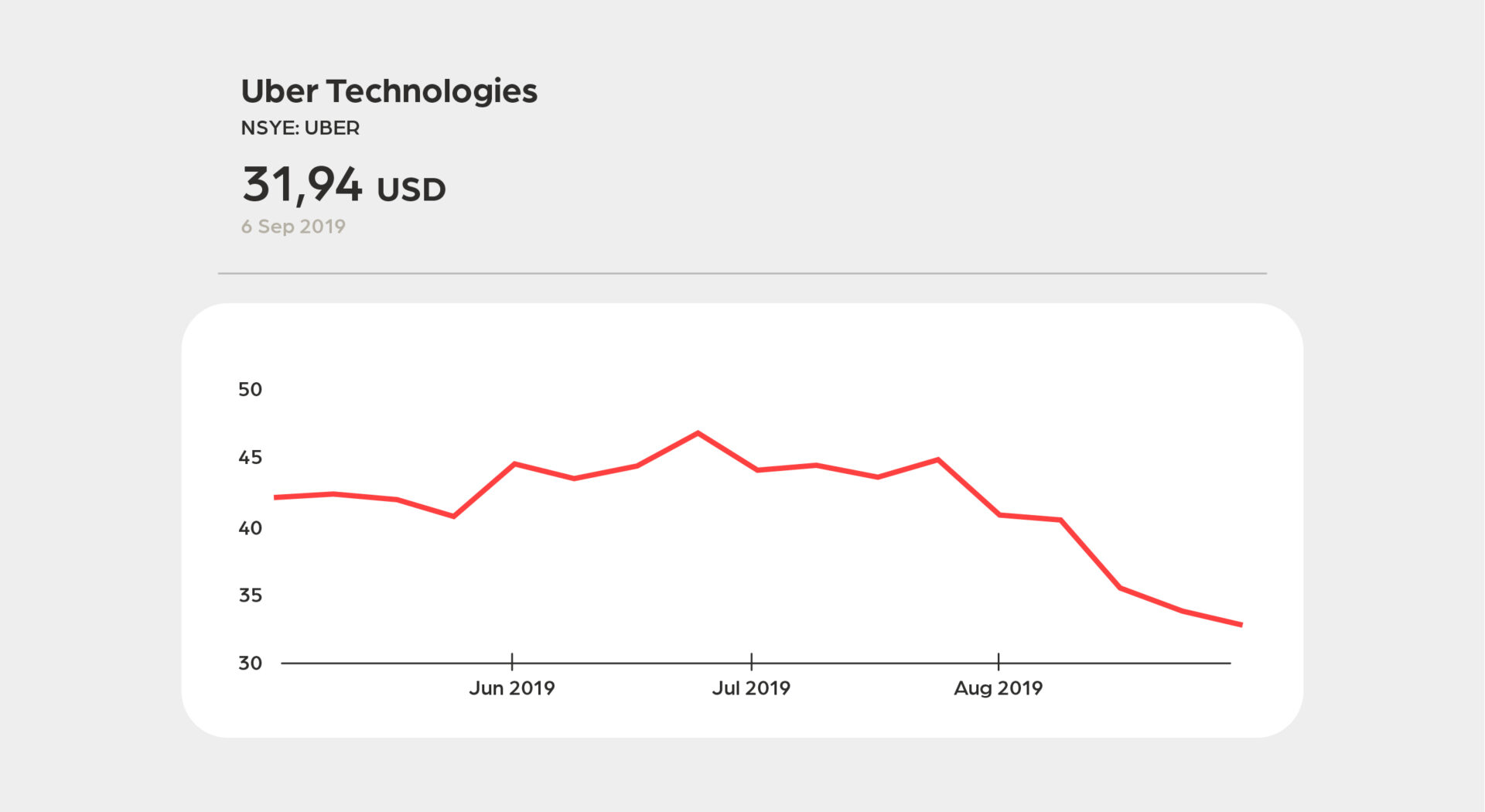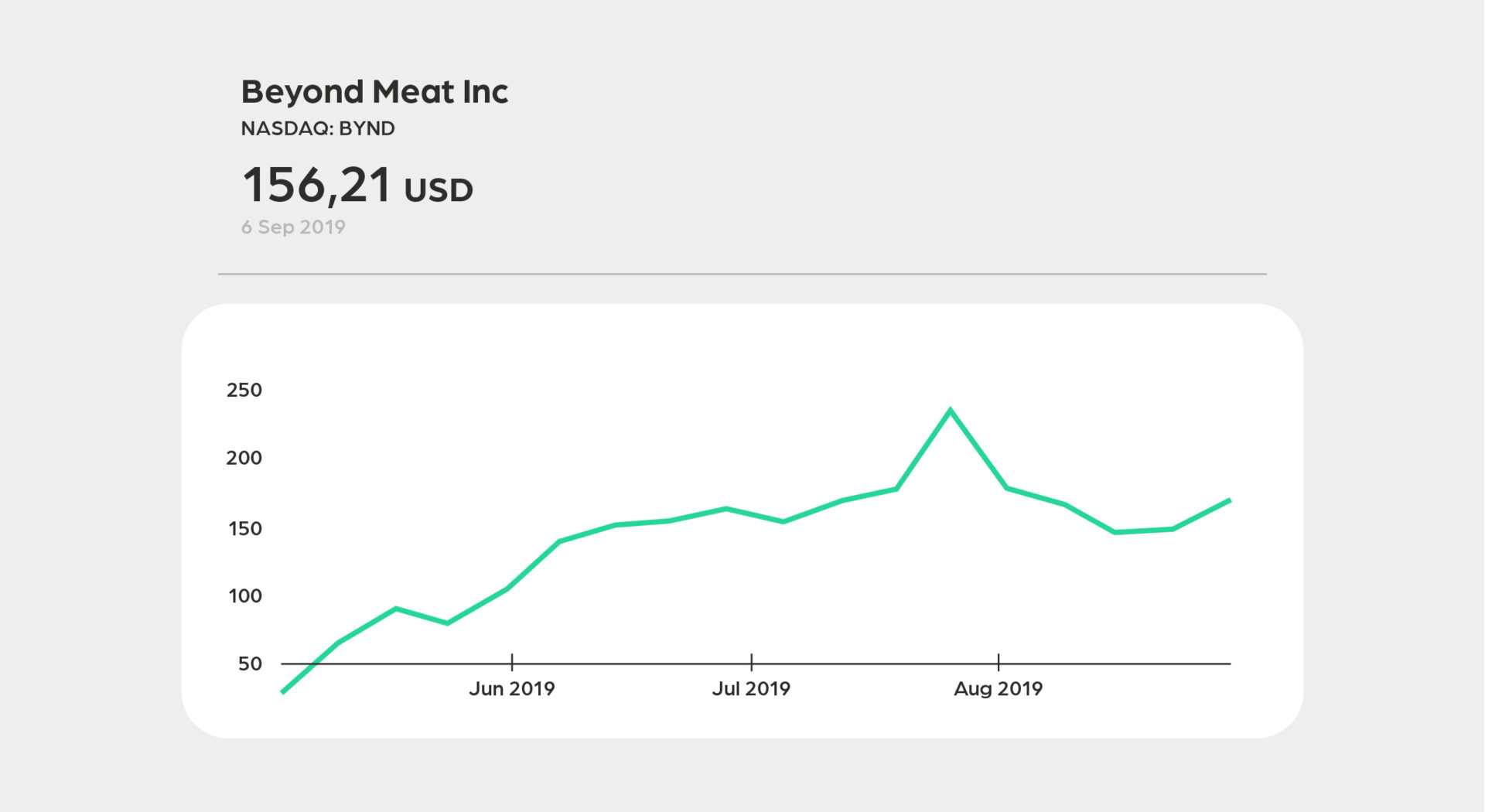Page content
What’s a unicorn company?
A unicorn is a privately held organization (founded after 2003) with a post-money valuation of 1 billion dollars or higher. The term unicorn was coined by the founder of Cowboy Ventures, Aileen Lee. She chose this name to emphasize the rarity of such startups. Typical examples are Airbnb and WeWork. In Belgium, there are only 2 unicorns so far: Collibra and team.blue (former Combell).
So what’s a zebra startup then?
Zebra startups are both black and white: they are for-profit AND for a cause. They are profitable, but they are also focused on tackling social or environmental challenges. And unlike unicorns, zebras are very real.
The problem with unicorns
First of all, I’d like to point out that we’re not against unicorns. We need unicorns. And we cannot but stimulate zebra startups to become unicorns, since that would mean that they would create a lot of jobs and that their positive impact would grow exponentially as well.
We cannot but stimulate zebra startups to become unicorns and the other way around.
Michael Boschmans, Founder – Quest Studio
That being said, we have one main argument against the business models of some of the current unicorns: their lack of focus on sustainability and profitability. Fueled by a number of venture capitalists, most of the unicorns use blitz scaling techniques to conquer winner-takes-it-all markets. Their investors expect them to focus on extreme user and revenue growth, not on profitability. Just to give you an example: when Uber went public they had approximately 91 million users, but the company’s growth was gradually staggering and they literally proclaimed that they may never make a profit. Despite that, they were valued at $82.4 billion at the start of their IPO. The result: a whole bunch of new millionaires and an excellent return on investment for a couple of venture capital funds.
The rise of the zebra startups
Zebra startups are different: they focus on being profitable asap and they use business as a means to create meaningful change. As a force for good. And that’s exactly what we need: we need more businesses that assume their responsibility and that find innovative solutions for major environmental or social challenges. Lucky for us, the number of Zebra startups is increasing rapidly. And the advantages of running a purpose-driven organization are proven to be tremendous.
Uber vs Beyond Meat
Let’s take a look at two companies: Uber Technologies and Beyond Meat. We already discussed Uber’s valuation in the chapter above, but now let’s check the evolution of their share price:

Uber initiated its public offer at $45 per share on 9 May 2019. When I wrote this blog post (6 September 2019), the share price had dropped significantly to $31.94.
Now let’s have a close look at the IPO of Beyond Meat, a company that is clearly purpose-driven. The chart below shows the evolution of their share price:

Beyond Meat initiated its public offer at $25 per share on 1 May 2019, just one week before Uber Technologies. On 6 September, the price for a share of Beyond Meat was ca. $156. That’s a 624% rise for Beyond Meat, compared to a 29% decline for Uber Technologies.
When you see these charts, I think it’s safe to say that being purpose-driven and creating shareholder value can – or maybe should – go hand in hand.
When the zebra becomes a unicorn
So how about we agree on this: whenever you think about starting a new company, focus on finding a clear purpose first. If you can make the world a better place with your solution, I’m very confident that you’ll be able to create a profitable business model. And who knows…maybe your zebra can end up becoming a unicorn one day. We at Quest will be more than happy to help you achieve that goal. More meaningful jobs and more positive impact, that’s exactly what we strive for.
But please don’t make becoming a unicorn your first goal. Instead, let it be a result of your amazing vision, business model and actions. The world and your shareholders will be forever grateful.
Never make ‘becoming a unicorn’ your first goal. Instead, let it be a result of your amazing vision, business model and actions.
– Michael Boschmans, Founder – Quest Studio





